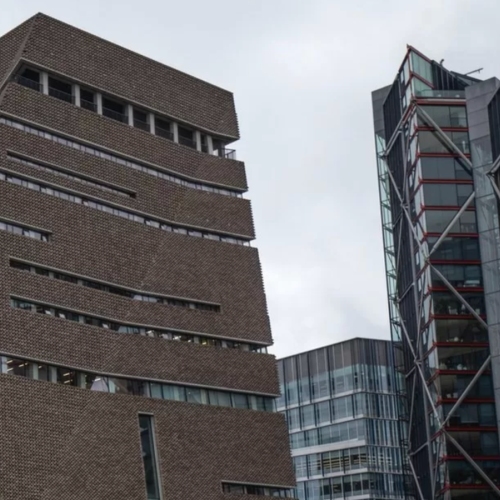Notice periods
The Government has advised that, as long as their ‘Roadmap’ remains on track, the notice periods will return to pre-pandemic levels from 1 October 2021.
A summary of the new notice periods, with effect from 1 June 2021, are below:
- Standard notice periods – 4 months’ notice
- Over 4 months’ accumulated rent arrears – 4 weeks’ notice
- Anti-social behaviour – immediate to 4 weeks’ notice
- Domestic abuse in the social sector – 2 to 4 weeks’ notice
- False statement – 2 to 4 weeks’ notice
- Over 4 months’ accumulated rent arrears – 4 weeks’ notice
- Breach of immigration rules ‘Right to Rent’ – 2 weeks’ notice
- Death of a tenant – 2 months’ notice
The changes mean that the period in which proceedings can be issued after service of a section 21 notice have reduced from 10 months post-service to 8 months post-service. The Government have released revised prescribed forms 3 and 6A (which are Section 8 and Section 21 notices respectively) to factor in the changes and the recent implementation of the ‘Breathing Space’ regulations.
The Government are yet to confirm why there is a range of available notices for anti-social behaviour, domestic abuse in the social sector and false statement but it is suspected that this is to cover severity and circumstance.
Evictions
The current ban on bailiff-enforced evictions will end on 31 May 2021. Whilst there is likely to be a backlog of possession orders requiring bailiff attention, 14 days’ notice is required before an eviction can take place and it is therefore not expected that many evictions will take place before mid-June. Bailiffs have been requested not to carry out an eviction if they are aware that anyone living in the property has coronavirus symptoms or is self-isolating. It is not known how such claims by tenants will be verified – as otherwise tenants could simply repeatedly claim to have symptoms to avoid being evicted.
Conclusion
This will be welcome news for landlords, particularly those who might have received no rental income for upwards of 12 months.
For tenants, whilst there will no doubt be concern about the shorter notice periods, the government have assured renters that financial support will remain in place through the Universal Credit uplift and the Coronavirus Job Retention Scheme, both of which were extended until 30 September 2021.




